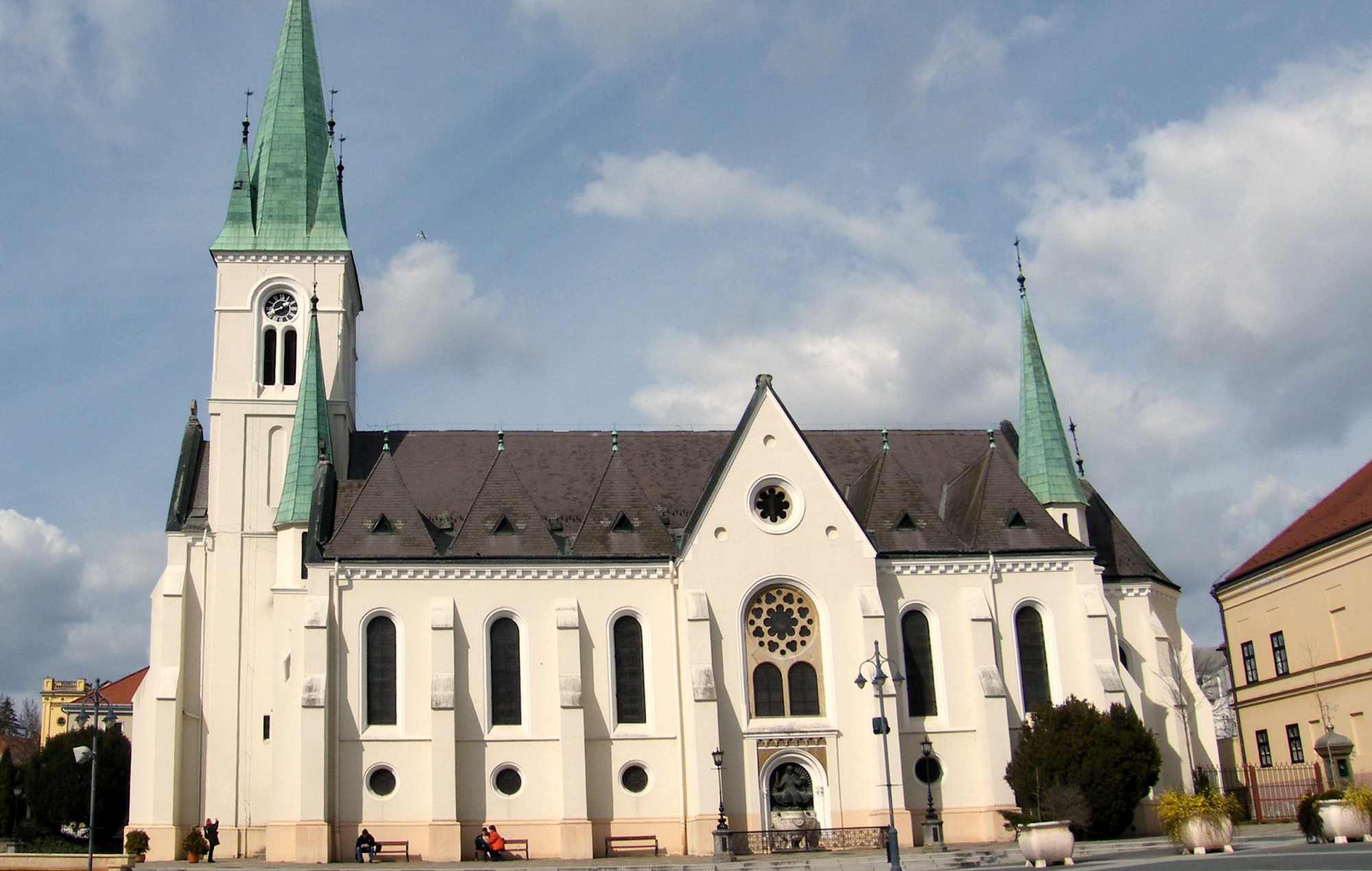A Die Welt című német konzervatív lap Balog Zoltánnal, az emberi erőforrások miniszterével közölt interjút a romaintegrációról hétfői számában.
A lap online kiadásában is megjelent, Százezer roma tanul új szakmát Magyarországon című interjúban a miniszter kifejtette, hogy a 2010-es kormányváltás idején az ő kezdeményezésére állították fel a romaintegrációval foglalkozó államtitkárságot, és Orbán Viktor miniszterelnök személyes kezdeményezésére vették fel a magyar uniós elnökség napirendjére az európai romastratégia ügyét.
Kiemelte, hogy a stratégia végrehajtásához kapcsolt átfogó monitoringeljárás Magyarországon „annyira jól működik, hogy az EU követendő példaként ajánlja” a tagállamoknak. Az unióban Magyarország elsőként érte el a felzárkózási stratégia első szakaszára kitűzött célokat, és hamarosan elkészül a stratégia frissített változata – tette hozzá.
Így támogatják a fiatalokat
Az eredményeket ismertetve elmondta, hogy „teljesítményorientált” támogatási programok segítik a rászoruló fiatal romákat születéstől a munkavállalásig. Az iskolaérettséget megalapozó korai fejlesztés részeként bevezették, hogy öt- helyett hároméves kortól lesz kötelező az óvoda, továbbfejlesztették az előző kormány idején kidolgozott „jó koncepciót”, a Biztos Kezdet programot, az általános iskola hetedik és nyolcadik évfolyamában tanuló diákok támogatását szolgáló ösztöndíjprogramot pedig kiterjesztették a szakiskolákra – fejtette ki a miniszter.
Arra a felvetésre, hogy a roma gyerekek elkülönített, szegregált oktatásának támogatásával vádolják, kifejtette, „hatalmas botrány”, hogy a gyerekek kárára politizálnak, akik ezzel vádolják. Az ügyben érintett, görög katolikus egyházi fenntartású iskola a helyi közösség „teljesen normális” iskolája, amely „mintaszerűen felszerelt”, és a szülők azért járatják oda a gyerekeiket, mert ott laknak. Az intézményben nem zajlik „kényszerítetten szegregált” oktatás, ennek ellenére „minden erővel és a gyerekek kárára szét akarnak rombolni egy jó iskolát” – mondta Balog.
Arra a kérdésre, hogy vannak-e mérhető eredményei az integrációs stratégiának, azt mondta, hogy a korábbinál többen végzik el az általános iskolát, a felsőoktatásban pedig a hátrányos helyzetű jelentkezőknek járó pluszpontok révén kétezer olyan fiatal tanulhat, akinek korábban erre nem lett volna lehetősége. Kiterjesztik az egyházakkal együttműködve indított szakkollégiumi programot is, amelyben egyelőre 180 hallgató vesz részt – tette hozzá.
Képzési program indul
Arra a felvetésre, hogy a roma közösség többsége továbbra is szegénységben él, elmondta, hogy a közfoglalkoztatás területén teremtett 200 ezer munkahely közül 35 ezret romák töltenek be, és hamarosan elindul egy „hatalmas képzési program”, amelyben 100 ezren vesznek majd részt.
Az interjú készítőjének, Boris Kálnokynak arra a felvetésére, hogy az ilyen programok csak akkor hoznak tartós eredményt, ha a résztvevők el tudnak helyezkedni a magángazdaságban, a miniszter kifejtette, hogy az állam adó- és járulékkedvezményekkel ösztönzi a beruházásokat a hátrányos helyzetű területeken.
A szerző az interjú mellett egy terjedelmes riportot is készített egy háromnapos tréningről, amelyben az állam és az egyház által közösen indított ösztöndíjprogram keretében felsőoktatási tanulmányokat folytató roma fiatalok vettek részt. Az Élni. Szeretni. Kitartani című, balatonszárszói keltezésű írásban a szerző kiemelte, hogy a kormány egy „roma értelmiségi réteg megteremtésére” törekszik, ami „az Orbán-kormány talán legnagyobb és legambiciózusabb kísérlete a romastratégiával összefüggésben”.
A riport és az interjú megjelent a Berliner Morgenpost és a Hamburger Abendblatt című lap online kiadásában is.
(Forrás: MNO.hu)
A képre kattintva az oldal nagyobb méretben nyílik meg

